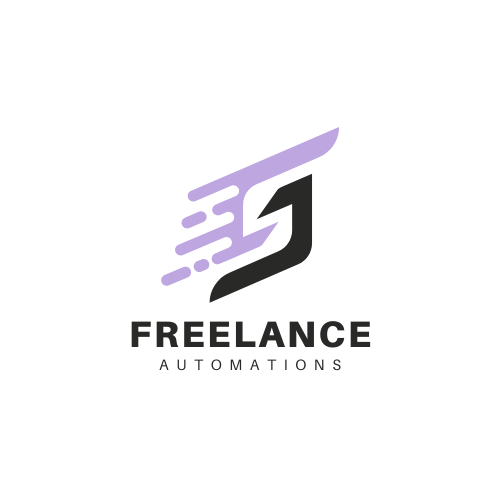When a freelancer experiences a chargeback of $12,500 after a year of completing a project, it raises significant issues regarding the viability and safety of freelancing platforms like Upwork. This situation illustrates a broader problem in the freelance landscape where clients can reverse payments long after a project is deemed complete.
Chargebacks can be immensely damaging and destabilizing for freelancers who rely on platforms such as Upwork for their livelihoods.
Chargebacks occur when a client disputes a transaction and requests the bank to reverse the payment. These disputes can arise from various reasons, including allegations of fraud or dissatisfaction with the work done.
The challenge lies in the fact that once a chargeback is initiated, the freelancer must provide proof of the work done, which may not always be straightforward, especially if they did not log hours through Upwork’s time-tracking software.
Freelancers must be aware that a chargeback can happen at any time, even months or years after the payment was made. This can lead to financial strain, especially when freelancers are penalized by having their funds frozen on Upwork. The worry becomes less about whether the freelancer has done the work, but more about their ability to defend against a chargeback with sufficient evidence.
Understanding Chargebacks On Upwork

The Upwork platform enables freelancers to middle through various contracts and projects, services, and payment methods. However, chargebacks are a widespread issue for service-based businesses, making Upwork no exception.
Here are some critical points freelancers must understand regarding chargebacks on Upwork:
- Chargeback Duration: Banks may allow chargebacks from clients even long after services have been rendered.
- Payment Dispute: Once a client requests a chargeback, they can dispute the payment, and Upwork must comply with the bank’s request.
- Freelancer Responsibility: The burden of proof falls onto the freelancer to provide adequate evidence demonstrating that the work was completed satisfactorily.
These circumstances create anxiety around payment security for freelancers and should be addressed proactively.
How to Protect Yourself as a Freelancer on Upwork

To minimize the risks associated with chargebacks on Upwork, freelancers can take several preventative measures:
- Use Time-tracking Tools: Always log hours using Upwork’s built-in time tracker for any hourly contracts. This provides valuable protection against chargebacks.
- Documentation: Keep detailed and organized documentation of all communications and work outputs. This could include meeting notes, contracts, invoices, proof of work, and deliverables.
- Understand Payment Terms: Knowing the payment structure, including how disputes are handled, can help you navigate complexities in various situations.
- Client Verification: Engaging reputable clients is vital. Check client feedback scores and reviews before taking on projects.
These measures can buffer the effects of chargebacks and serve you in protecting your hard-earned income.
Analyzing Upwork’s Payment Policies

Understanding Upwork’s payment policies is crucial for freelancers engaged in long-term contracts:
- Payment Protection: Upwork offers payment protection plans that cover fixed-price and hourly agreements. These plans can give income security on hourly contracts if hours are logged correctly.
- Fraud Protection: Upwork utilizes payment fraud detection techniques and manages chargebacks; however, freelancers must remain diligent in documenting their works and communications.
- Client Verification Systems: Although Upwork has its systems in place, clients may use credit cards not issued in their name, leading to potential chargebacks for freelancers.
By familiarizing yourself with Upwork’s policies, you can better navigate the complexities of financial management and reduce potential risks related to chargebacks.
What to Do If You Face a Chargeback on Upwork

When approached with a chargeback on Upwork, the following steps can help address the issue:
- Immediate Notification: Contact Upwork support right away to report the chargeback, explaining your situation and providing necessary documentation.
- Provide Evidence: Compile as much evidence as necessary. This should include contracts, discussions, work files, acceptance confirmation, and hours logged.
- Communication with the Client: Attempt to discuss the issue directly with the client to see if there’s a chance to resolve it before it becomes a chargeback.
Sorting through the chargeback process effectively can support efforts to uphold your credibility and financial stability as a freelancer.
Conclusion: The Essence of Freelancing Security on Upwork

Navigating the waters of freelancing on platforms like Upwork comes with its challenges and risks. Understanding these risks, knowing how to protect oneself, and being proactive can help secure a fulfilling freelance career. Remember, while Upwork does provide opportunities, it is essential to stay informed and prepared for every situation that might arise. As a freelancer, ensuring your rights and understanding the implications around chargebacks is crucial in sustaining your career and financial security.

Leave a Reply